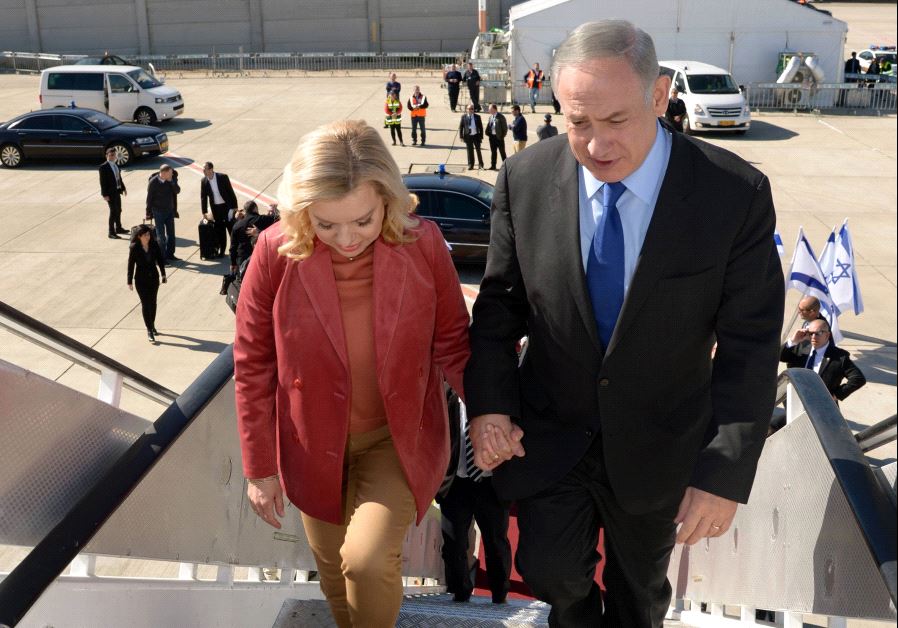JPost Editorial: Asian pivot
Netanyahu’s visits to Singapore and Australia are long overdue; We hope they lead to closer cooperation, particularly on security issues.
 Prime Minister Benjamin Netanyahu and his wife Sara on their way to Singapore(photo credit: CHAIM ZACH / GPO)Updated:
Prime Minister Benjamin Netanyahu and his wife Sara on their way to Singapore(photo credit: CHAIM ZACH / GPO)Updated: